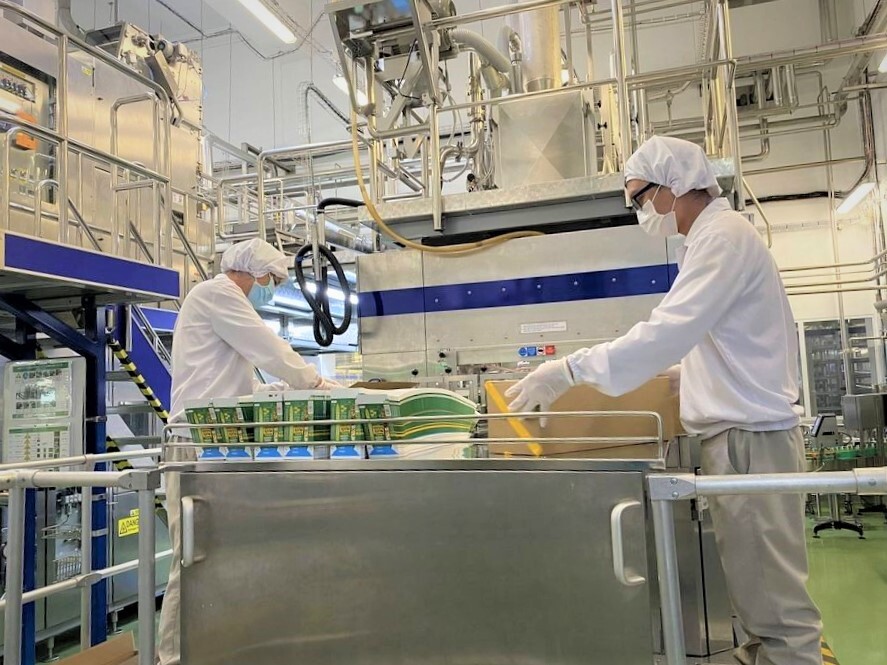Nestlé Vietnam has committed to always being a pioneer in realizing sustainable development targets even though the food and beverage sector has been hit hard by the ongoing fourth Covid-19 wave.
At a webinar, themed “Sustainable enterprises implement dual goals,” held by the Vietnam Business Council for Sustainable Development, Nestlé Vietnam CEO Binu Jacob has talked about opportunities and challenges of the food and beverage sector in Vietnam amid the pandemic. He has shared the difficulties, challenges and opportunities amid the pandemic under the view of a consumer goods firm.
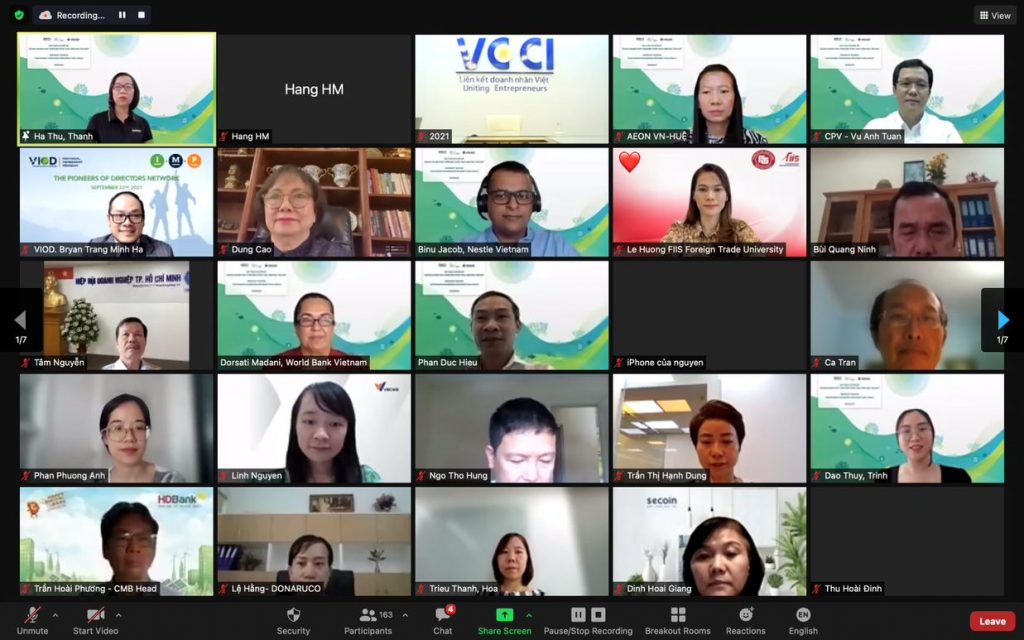
Binu Jacob said the fourth Covid-19 wave in Vietnam has adversely affected all sectors, including the packaged food and beverage sector. Enterprises have striven to ensure the continuity of their production and business activities while supply chains have been heavily affected.
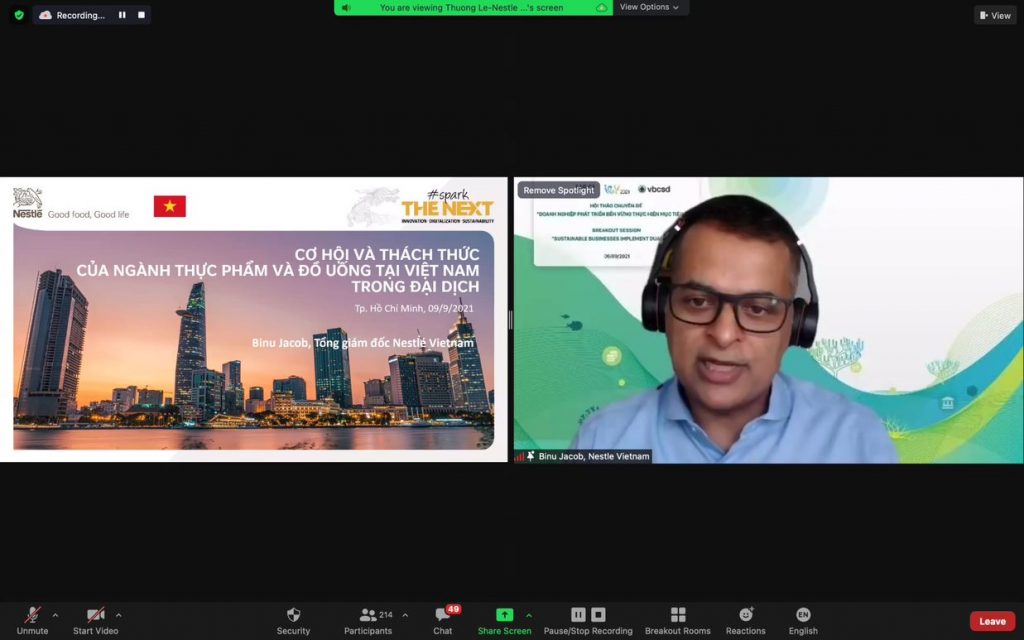
According to statistics from Nielsen Retail Index, after recovering from the pandemic last year, the fast moving consumer goods sector in Vietnam has once again been affected by the fourth Covid-19 wave since May, leading to a sharp decline in the sector’s growth in June and July.
Specifically, in the first quarter of this year, the sector’s nominal growth was minus 3.8% year-on-year but rose 10.4% in April and May. However, this nominal value plunged 5.4%, even sharper than the decline in the first quarter.
Enterprises in the food and beverage sector have encountered multiple difficulties triggered by the pandemic, such as the difficulties in logistics, the lower consumer demand, unsafe workplaces, the lack of manpower and supply chain disruptions.
According to Binu Jacob, most of food and beverage firms are focusing on three priorities during the pandemic, including protecting people, ensuring business continuity and supporting communities.
For Nestlé Vietnam, the company always pays much attention to its employees and has employed all possible measures to ensure their safety, Binu Jacob said, adding that as a food producing and processing company, Nestlé Vietnam has applied the stay-at-work mode as directed by the competent agencies to ensure the safety of its employees and the production continuity.
Some 1,200 employees have been staying at four factories of the company and strictly complying with anti-pandemic measures for over two months. The company has paid much attention to the living conditions of these employees at the factories.

“We cared for our people and kept them safe, healthy and connected,” Binu Jacob said.
Meanwhile, all of the company’s office staff have been working at home and been provided with the “home office set up support” to work effectively.
Besides protecting its people, Nestlé also employs different innovative solutions to ensure the supply of its essential goods. The company has rented more warehouses to improve its storage capability. It also offers direct deliveries to stores without a transshipment warehouse to quickly meet customer demand. Another solution is providing contactless deliveries to avoid cross-infections, despite a shortage of drivers in the south.
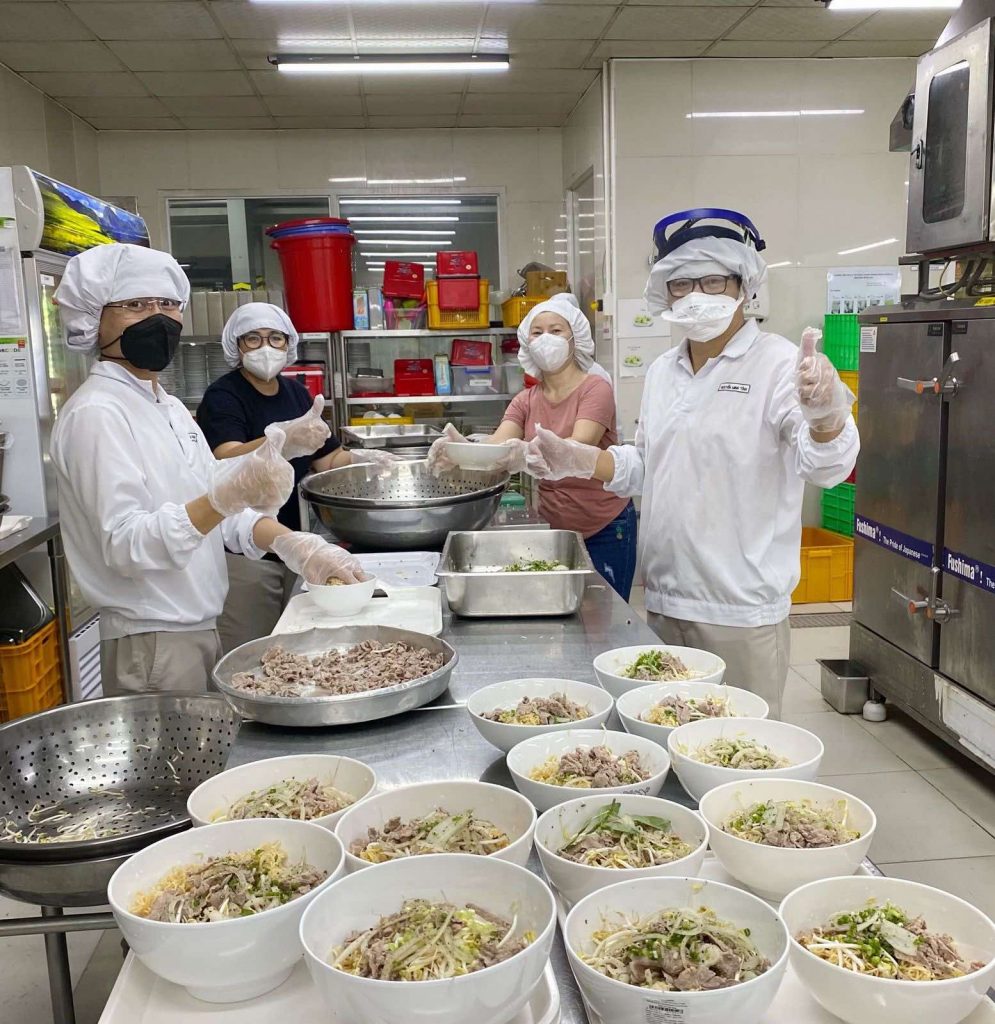
In addition, Nestlé Vietnam has enthusiastically supported the Government’s fight against the pandemic by supporting frontline workers, the community and partners affected by the pandemic. To date, the company has launched support activities and presented nutritious products, face masks, medical equipment and cash worth over VND65 billion.
To help enterprises, including packaged food and beverage ones, maintain their production and business activities during the pandemic, Binu Jacob made some proposals to the Government and the State management agencies, including: 1) prioritizing and delivering full vaccination for all production workers and third party working in essential food and drink factories; 2) allowing enterprises to decide their Covid-19 prevention model based on instructions of the Government and the Ministry of Health; 3) making Covid-19 prevention regulations issued by provincial authorities be in alignment with the central Government’s directions, while avoiding sub-licenses and simplifying the procedures; and 4) digitalizing public administrative procedures to facilitate the online documentation submission and approval, especially during the social distancing period.
“Despite the current pandemic, we believe in the future of Vietnam as a global and regional manufacturing hub, and we are increasing our sustainable investment in Vietnam,” said Binu Jacob.
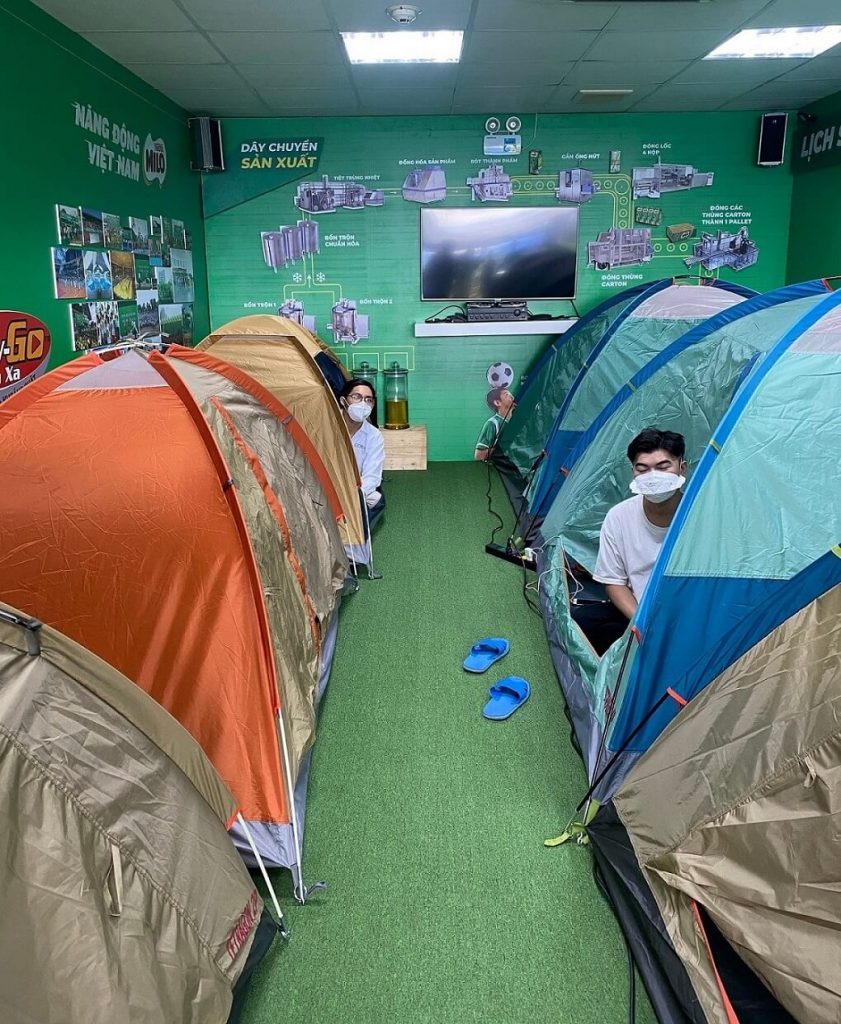
Nestlé has announced its US$130-million investment in the next two years in Vietnam, increasing its total investment in the country to US$730 million. The investment will be used to double the capacity of producing instant coffee for export and upgrade the decaffeination plant to become the biggest one of Nestlé worldwide. The company also seeks to make the Maggi Wet Hub in Dong Nai Factory to become the center of expertise on wet culinary products in Asia and Australia, produce super premium freeze-dried coffee for export to Japan and increase the capacity of producing Nescafe Dolce Gusto capsule for export worldwide.
Established in 1995, Nestlé Vietnam has ceaselessly expanded its investment and diversified products to serve the demands for nutritious products and optimize the role of food, thus improving the current and future living standards. Nestlé has to date invested US$730 million in Vietnam, and currently employs 2,200 laborers and operates four factories.
The company was among the top three sustainable manufacturing enterprises in 2020 voted by the Vietnam Business Council for Sustainable Development under the Vietnam Chamber of Commerce and Industry.
In 2020, the company was also honored by the Ministry of Finance as an “outstanding taxpayer”. The company has received certificates of merit for fulfilling tax obligations, for contributing to the country’s socioeconomic development, from central and local tax agencies for nearly a decade.

